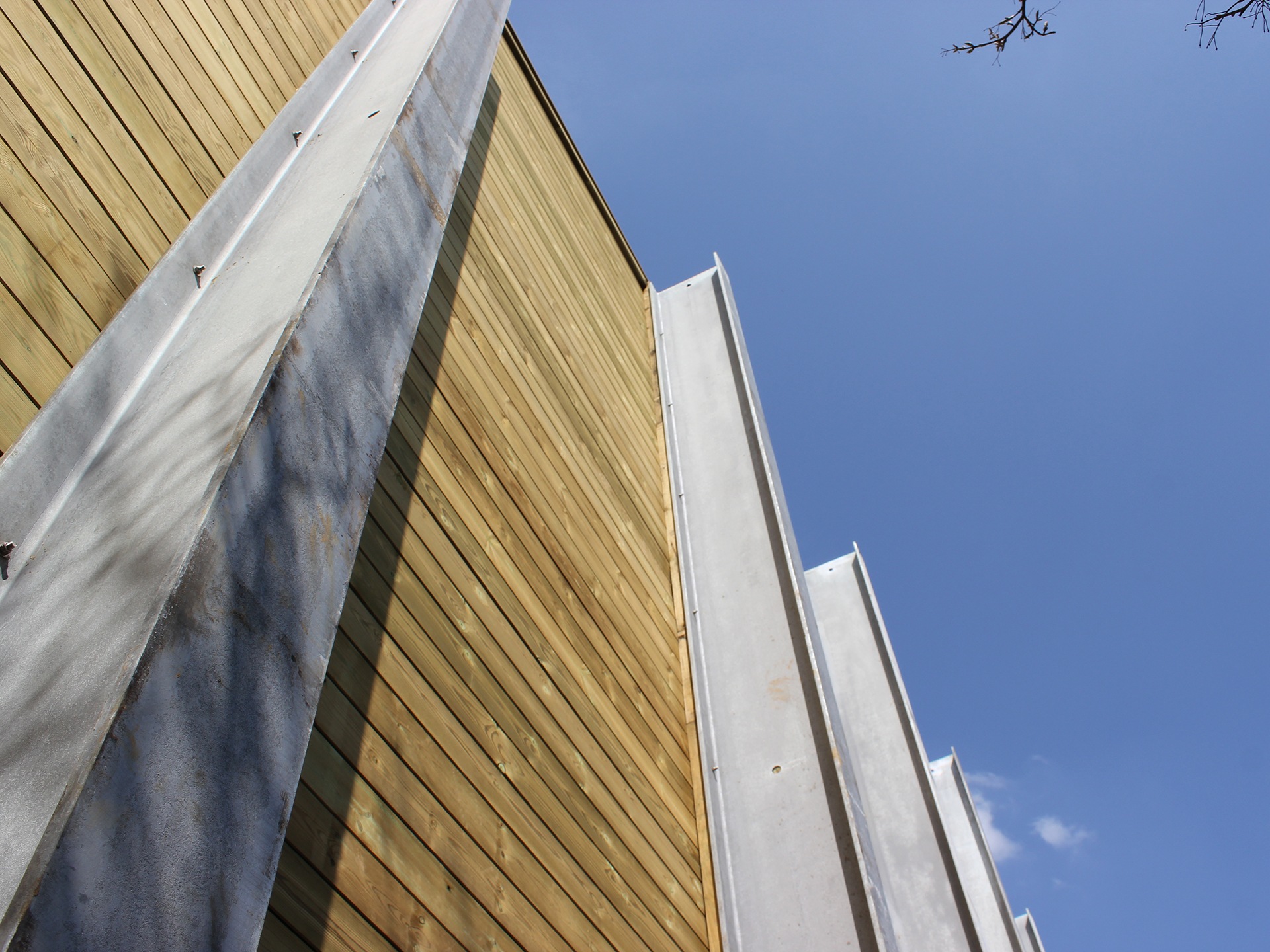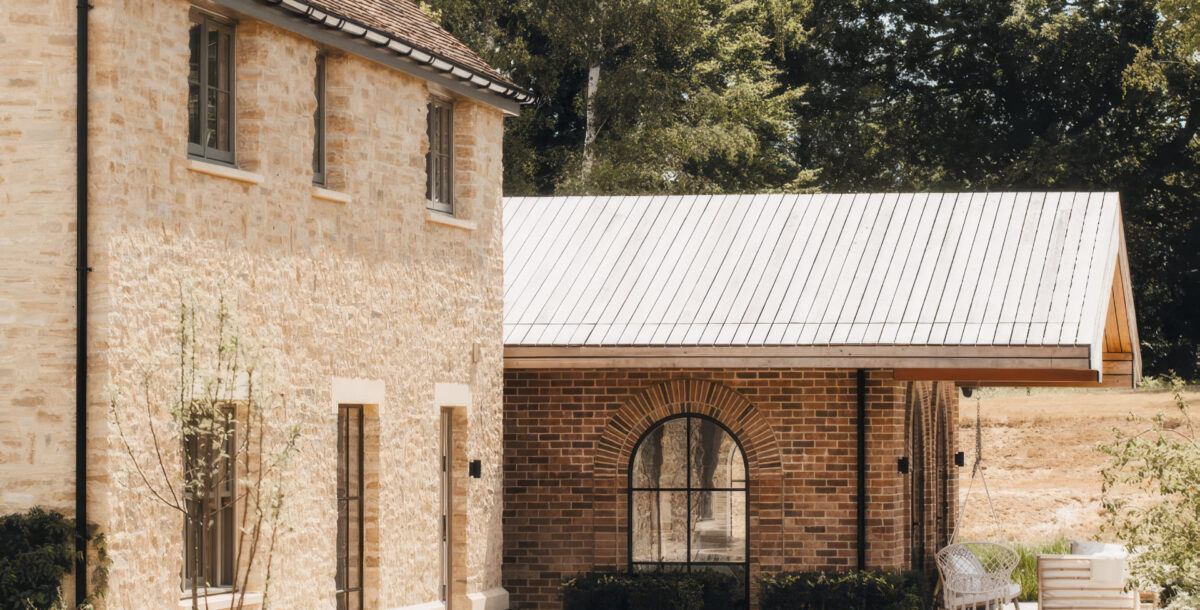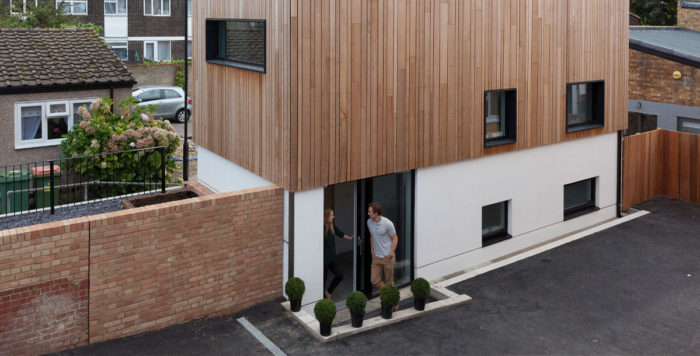Acoustic fencing could help you enjoy your garden in peace
Acoustic - or soundproof - fencing offers a possible solution to noisy neighbours or a noisy neighbourhood. Here's what you need to know...
Noisy neighbours – or a noisy neighbouring road – can be some of the most trying things to live with. But there are modern noise-reducing solutions that can improve the situation a lot. Soundproof – or acoustic – fencing could be just what you need to deaden the noise and make your property more peaceful.
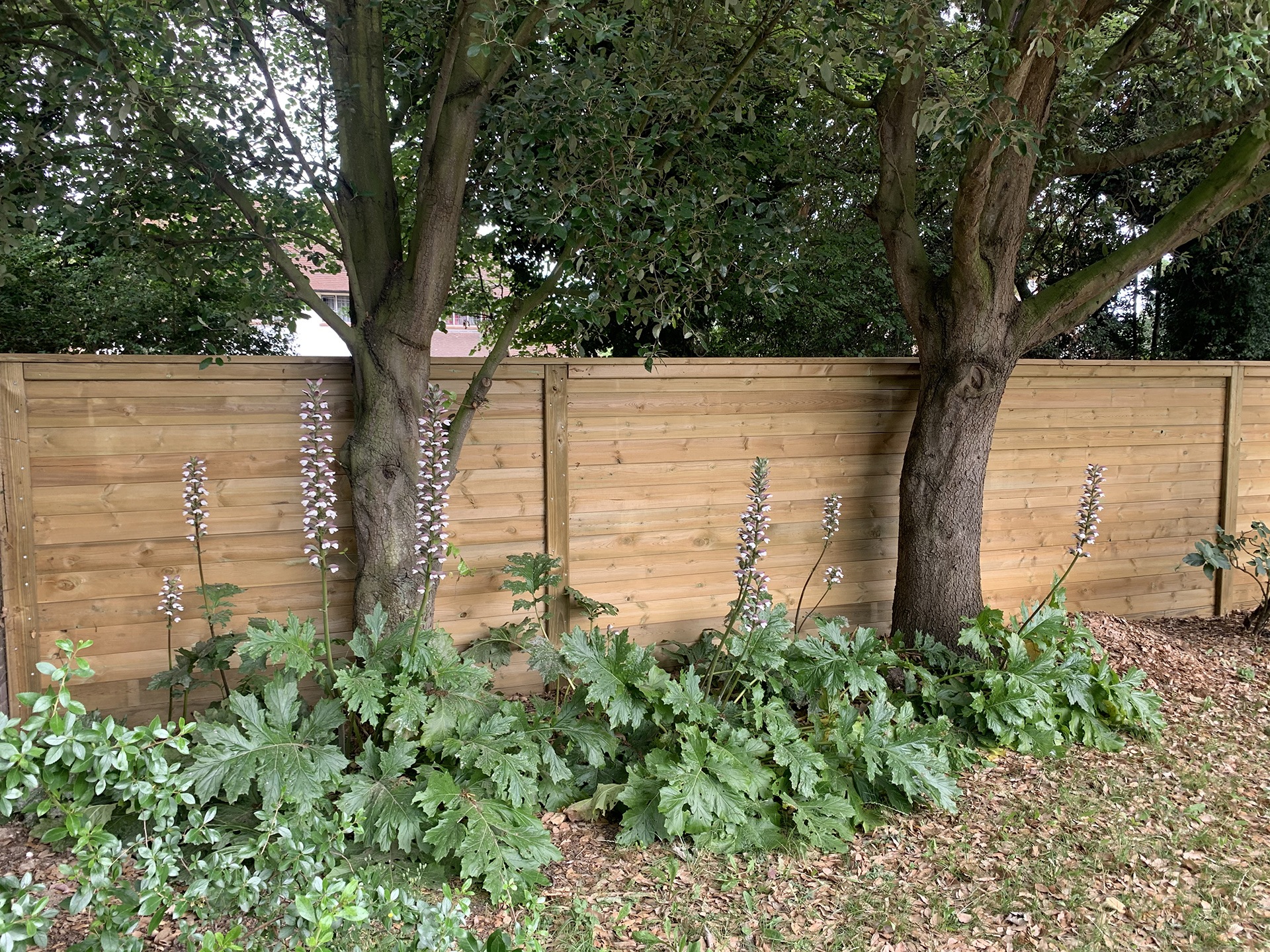
Image credit: Jacksons Fencing
What exactly is sound?
Before we talk about soundproofing, let’s get down to basics and remind ourselves what sound actually is and how it travels through the air and structures. Sound is energy that travels through the air or a solid material as a vibration. In the air, it is affected by the weather: the temperature, wind direction, humidity etc. When it reaches a solid material, the density of that will affect how well the sound waves can travel through it. Sound levels are usually measured in decibels (dB).
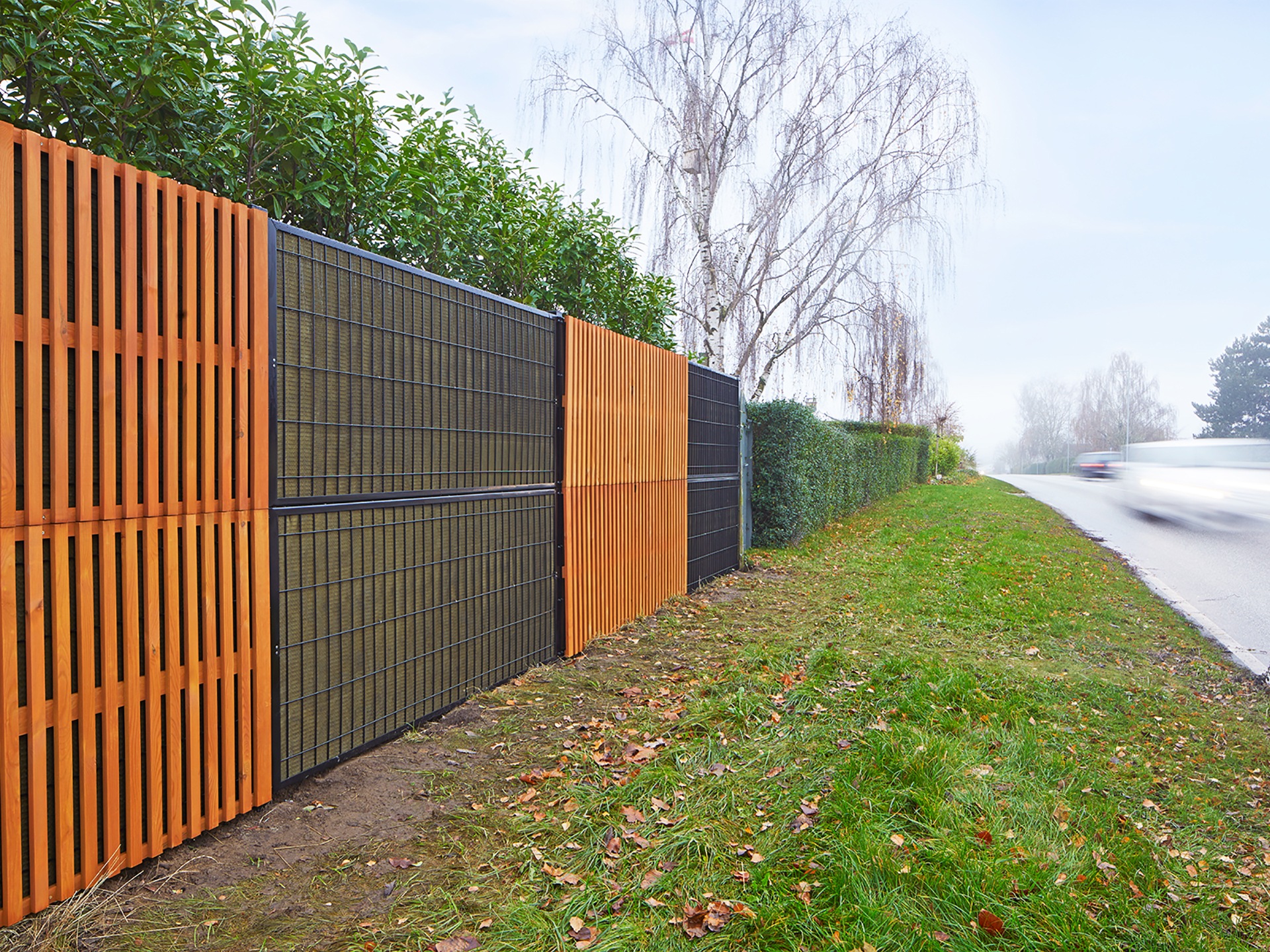
Image credit: Ikoustic
Soundproofing
Soundproofing can work in many different ways, but acoustic garden fencing generally relies on two techniques:
- adding mass to a structure so that when sound hits it it is reflected away and/or converted into heat. Materials such as mass-loaded vinyl (MLV) can be used to help achieve this,
- absorbing sound using fibrous or porous materials such as Rockwool.
Adding a cavity to structures can help too in some situations. It’s also important to remember that soundproof fences have to be solid and free from holes and gaps, as any small hole will let the noise through.
Acoustic fencing

Image credit: Jacksons Fencing
There are two main kinds of soundproof fencing on offer:
- special wooden acoustic fencing, such as that provided by Jacksons Fencing,
- fencing that features Rockwool attached to a metal frame, such as Noistop, available in the UK through companies such as Ikoustic.
(As a DIY alternative, here’s how to soundproof your fence using mass-loaded vinyl. But this is unlikely to work on a low fence where the sound will just come over the top.)
What about a wall?
Solid brick walls offer good sound protection too. But they are expensive to build.
How high?
The further away the noise is, the higher your fence will need to be in order to reduce it. An installer will be best placed to tell you what height fence you are going to need in your specific circumstances.
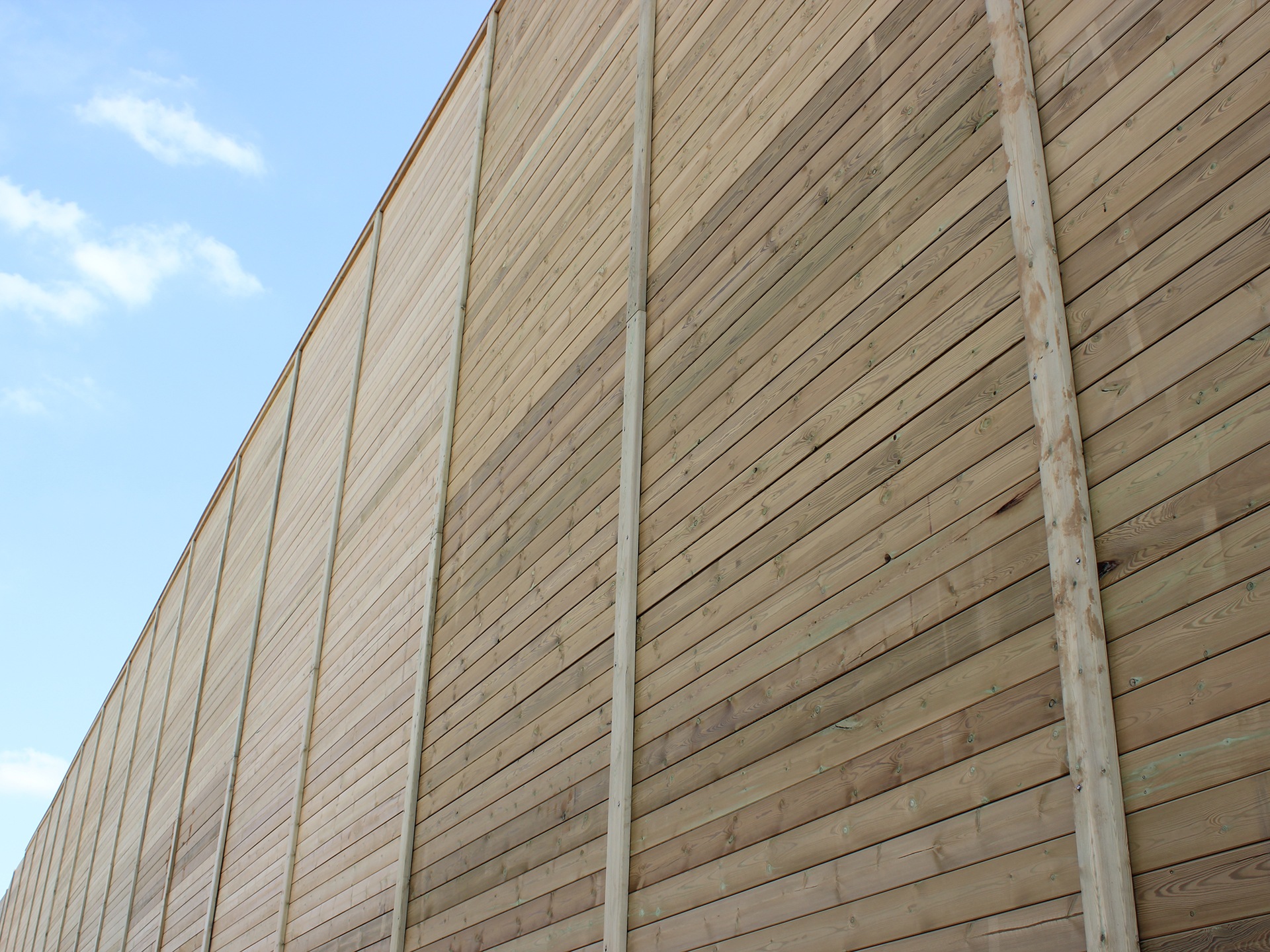
Image credit: Jacksons Fencing
Whether you’re building a wall or putting up a fence, you need to work out whether your new fence will need planning permission. Generally, you will need to apply for householder planning consent if the new fence (or wall):
- is over 2m high
- is over 1m high next to a road
- involves an existing wall over 1m next to a road being rebuilt taller than its original height
- involves an existing wall over 2m being rebuilt higher than its original height
- is going up in an area covered by an Article 4 direction that does away with permitted development rights
- is at a listed building or forms a boundary with one
In general, with acoustic fencing, for the fence to work most effectively, you need it to be close to the source of the noise – or to you. And, the chances are, that to be effective a fence is going to need to be reasonably high.
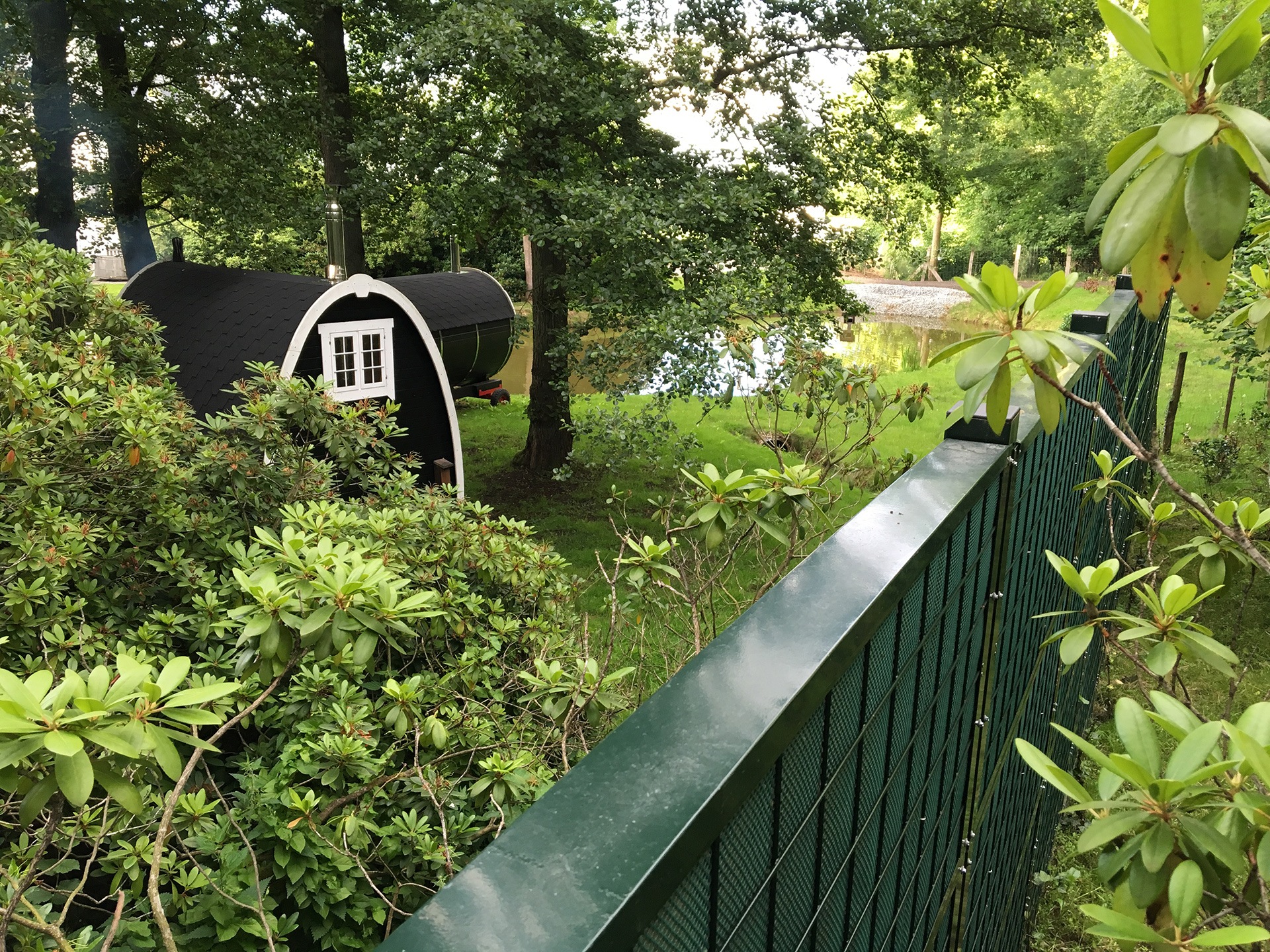
Image credit: Ikoustic
How much difference will it make?
The way sound travels through, and interacts with, an environment is very complicated, so your fence will need to be carefully designed if you are to get the maximum benefit. Jacksons Fencing recommends you consult an independent sound engineer to get an assessment of the situation before ordering anything. Certainly, you need to talk to a specialist installer. Ikoustic has a ready-reckoner calculator on their website, which gives you an idea of how much noise reduction you might be able to achieve, as well as lots of useful information about acoustic barriers.
And, remember, ‘soundproof fencing’ is really something of a misnomer: nothing will cut out all noise outdoors. ‘Sound attenuating’ might be a more appropriate term for the results achieved. But that might be just what you need…
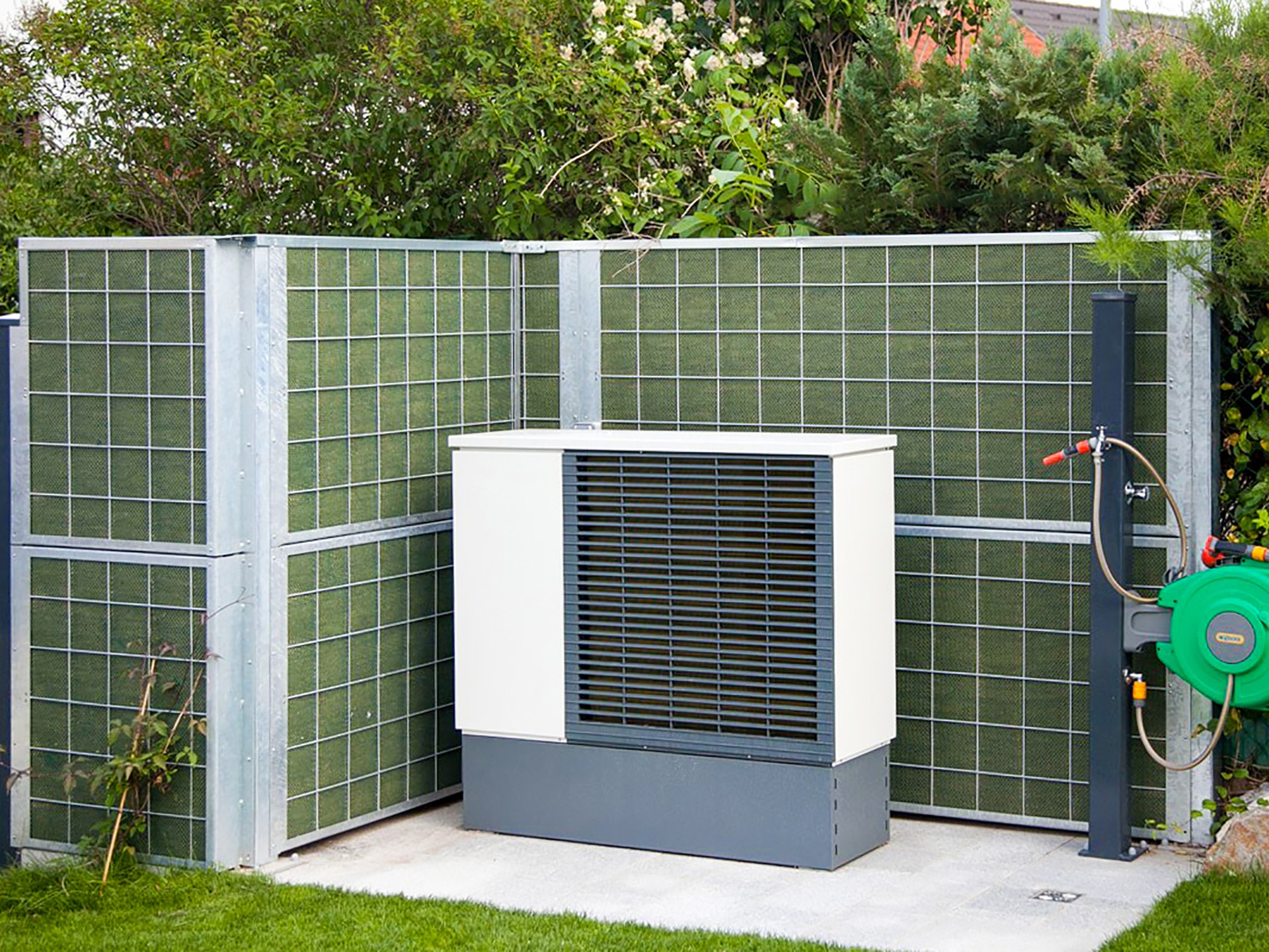
Image credit: Ikoustic

